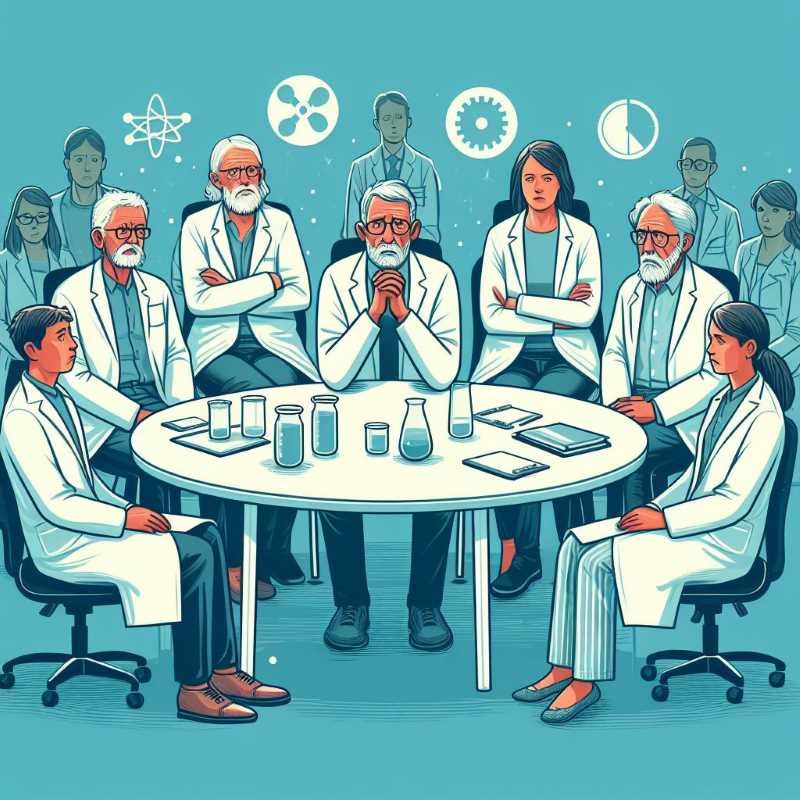Why Gene Editing Makes Some Scientists Squeamish
The real danger, the kind that gives ethicists the shivers, is changing human DNA on a generational scale. Just because you can tweak a strand of DNA doesn't mean you should, especially without fully understanding the ripple effects… genes are complicated.

Think you could genetically engineer yourself some fancy traits to pass down to the grandkids? Better put that mad scientist costume back in the closet. Turns out, messing with our inheritable genetic code (called the germline) is still a big scientific no-no. Dr. David Romero Camarena, the former director of the Center for Genomic Sciences in Mexico, says tinkering with that stuff could have some seriously wonky consequences.
Now, hold your horses (those can stay genetically unmodified, don't worry). It's not that all genetic editing is taboo. Using it to treat diseases in existing people (called somatic line editing) is actually a-okay, according to Dr. Camarena. It's basically a high-tech way to help the patient without tinkering with future generations.




